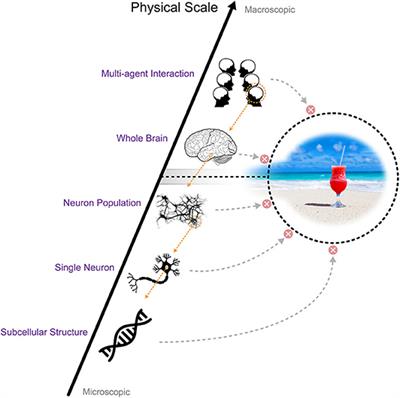EDITORIAL
Published on 27 Oct 2020
Editorial: Epistemic Feelings: Phenomenology, Implementation, and Role in Cognition
doi 10.3389/fpsyg.2020.606046
- 2,878 views
- 7 citations
17k
Total downloads
123k
Total views and downloads
EDITORIAL
Published on 27 Oct 2020
HYPOTHESIS AND THEORY
Published on 15 Jul 2020

HYPOTHESIS AND THEORY
Published on 03 Jul 2020
HYPOTHESIS AND THEORY
Published on 13 Dec 2019

ORIGINAL RESEARCH
Published on 12 Nov 2019

REVIEW
Published on 30 Oct 2019
